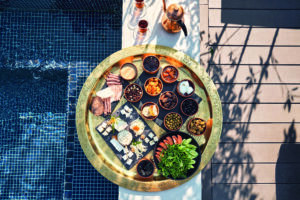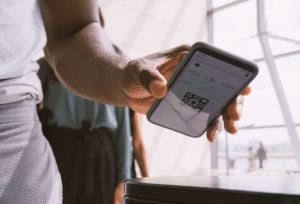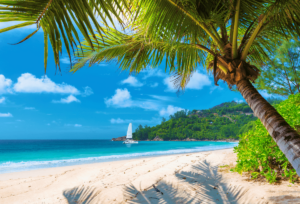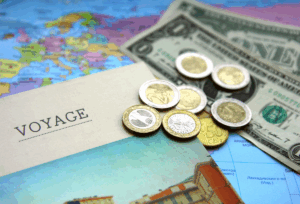With its stunning, picture-perfect Alps, charming mountain villages, landscapes that will make you gape in awe and pristine cosmopolitan cities which are safe and easy to get around, it’s obvious why Switzerland is one of the world’s finest countries to visit.
The currency of Switzerland is the Swiss Franc (CHF) and you won’t be short of choices to spend money on here. The emphasis is firmly on the finest quality experiences, from opulent Swiss cheeses and world-renowned chocolate, Switzerland has everything that even the most discerning luxury traveller could hope for. And if you’re feeling extravagant, did we mention the watches?
Dining out in Switzerland
Swiss cuisine has influences from a number of European countries including Germany, France and Italy. Originally a farming country, many modern-day Swiss dishes remain true to the country’s roots, using staples such as cheese and potatoes. Dishes vary from region to region, depending on the influences of the area, and three-course meal for two people in a mid-range restaurant will cost you between £55 and £94.
Rösti is a simple but understated delicacy: Swiss-style hash browns made from grated potato, sometimes with cheese and onion – a tasty side dish as an alternative to chips.
Älplermagrone is an Alpine take on mac and cheese, a hearty dish made with pasta, potatoes, cheese, cream and onions – definitely one for the chilly winter months! Another winter classic is fondue – melted Swiss cheese served in a pot with bread or potatoes on the side for dipping.
Papet Vaudois is another hearty Swiss dish – a chunky crimson-coloured sausage atop a creamy mix of mashed potatoes and leeks.
A main meal will cost you between £15 and £23 in an inexpensive restaurant.
The price of drinks
A 500ml bottle of beer both domestic and imported will cost you between £3.90 and £6.30.
A 750ml bottle of wine from a local supermarket will cost you between £8-£12. Red-wine fans should try Eyholzer Roter, with notes of violets and raspberries, while white-wine lovers will enjoy Chasselas, a crisp, aromatic style.
If you enjoy spirits, try a kirschwasser or kirsch – clean, fruity Swiss brandies.
A 1.5-litre bottle of water will cost you between 50p-£1.60 in a local supermarket.
Tap water is pure and rich in minerals and is perfectly safe to drink in Switzerland.
Out and about
There’s plenty to see and do in Switzerland, and make you smile, too – this European country is rated the second happiest on the planet according to the 2016 World Happiness Report!
Start your trip to Switzerland with a visit to Zurich, on a city highlights half-day tour and cable car ride up Felsenegg Hill which will cost you around £46. Your local guide will show you around the city, where you’ll see top sights including Zurich Opera House and the Swiss National Museum. You’ll experience some spectacular Alpine views on a Lake Zurich ferry rider and by taking a cable car up Felsenegg Hill.
If you’re looking for spectacular vistas from up high, make a visit to Jungfraujoch Sphinx Observatory, the highest peak in Europe with a viewing platform at an altitude of 3,571 metres. Here you’ll enjoy wonderful views of epic Swiss landscapes. A trip from Interlaken costs from around £180.
A Geneva city tour and boat cruise will take you on a three-hour boat trip to see Geneva Jet d’Eau fountain and Flower Clock. You’ll enjoy a 50-minute cruise on Lake Geneva from around £50.
The stunning Rhine Falls – the biggest waterfall in Europe – are well worth a visit, too. On this half-day tour, you’ll travel by coach from Zurich for around £50. You’ll walk through the old town and savour the medieval landmarks including the 15th-century Laufen Castle facing the falls.
How much spending money should I take to Switzerland
You should budget for around £100 per person per day or £700 per person per week for a trip to Switzerland – this should cover all food and excursions.
Tipping in Switzerland
In restaurants a service charge is usually included, but if not, you should round up your bill, so if it’s 48 francs, then round up to 50. In bars, round up your bill to the nearest Swiss franc.
In hotels, it’s customary to tip around 1-2 francs per bag handled and if you have a driver to park your car. If you’d like to tip maids for good service, around 1 franc per day is sufficient or alternatively, you can leave the tip with the hotel manager on your departure and this will be distributed to staff accordingly.
In taxis, tipping is not expected, but either round up your tip or give 5% of the total fare as a tip if you are happy with the service provided.
*Prices correct at the time blog was published and are subject to availability. T&C’s apply.






